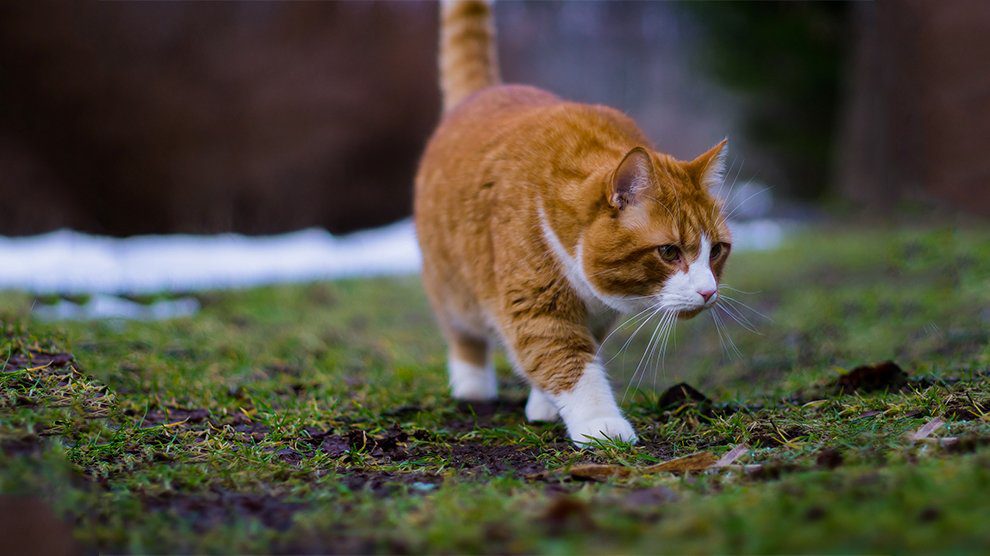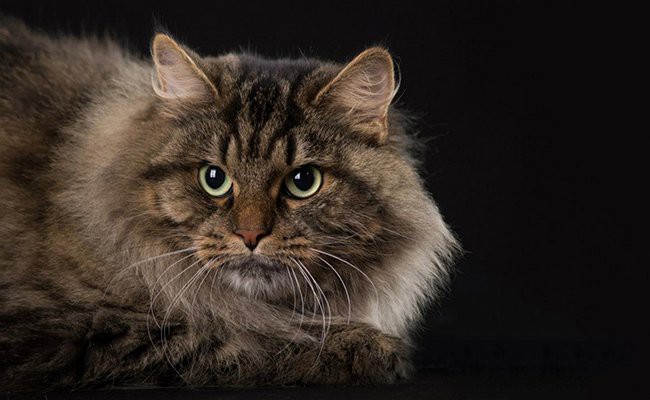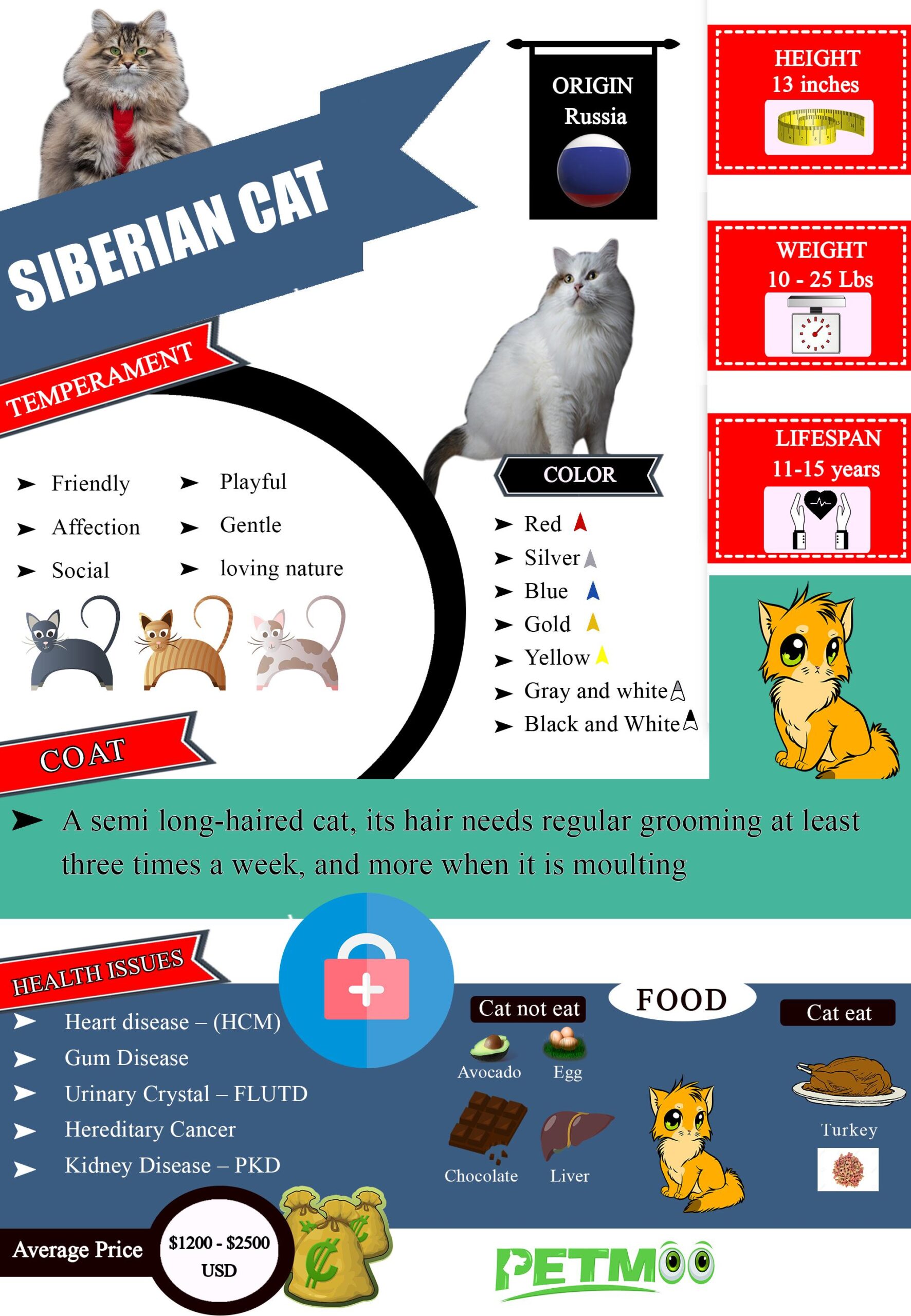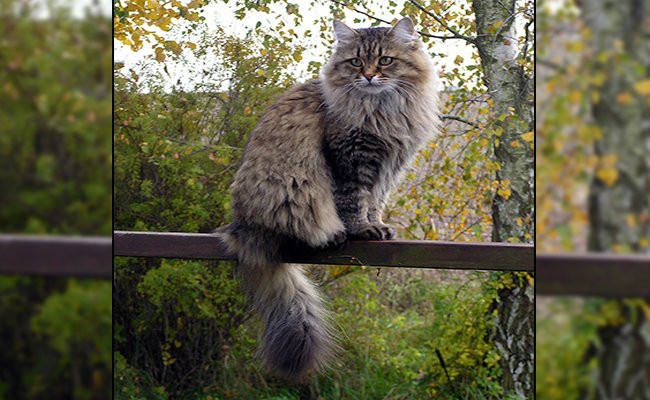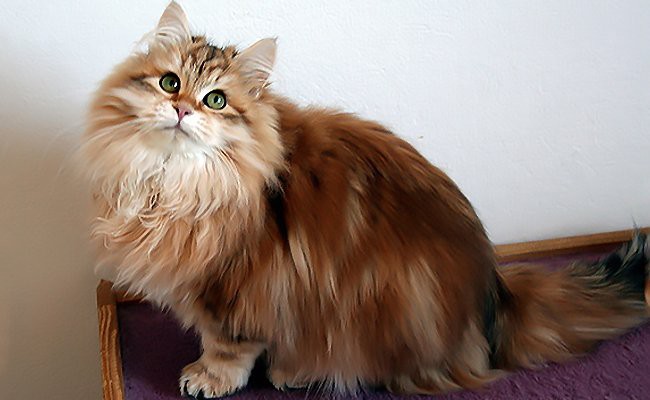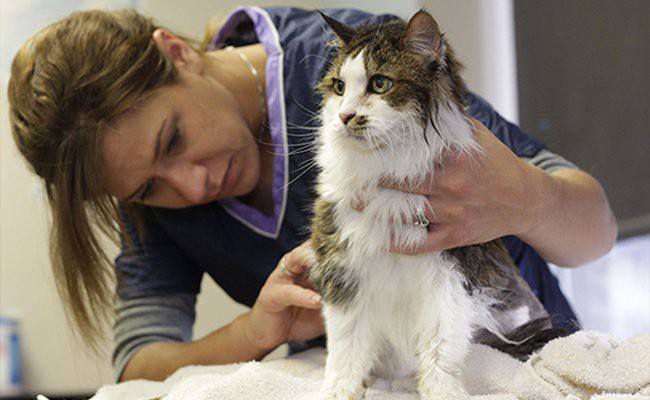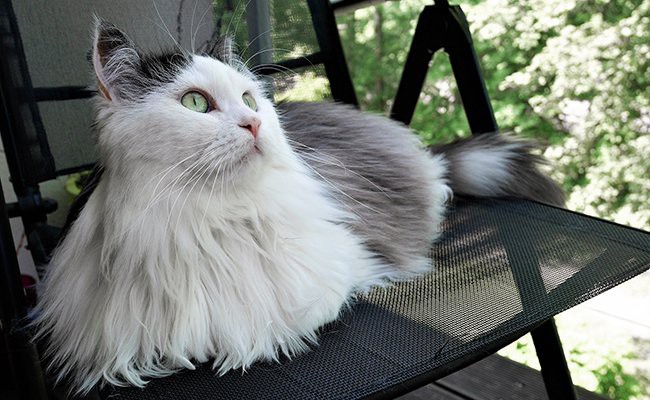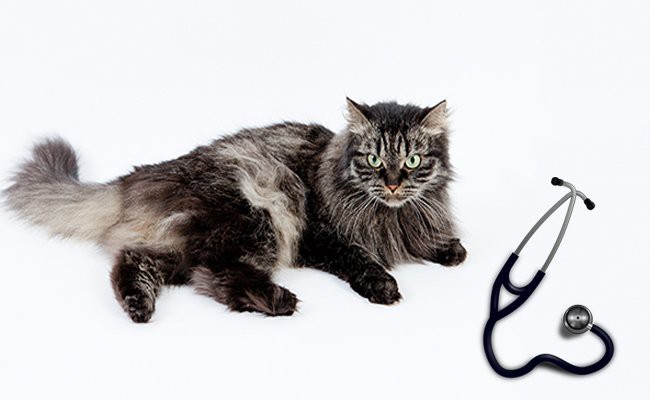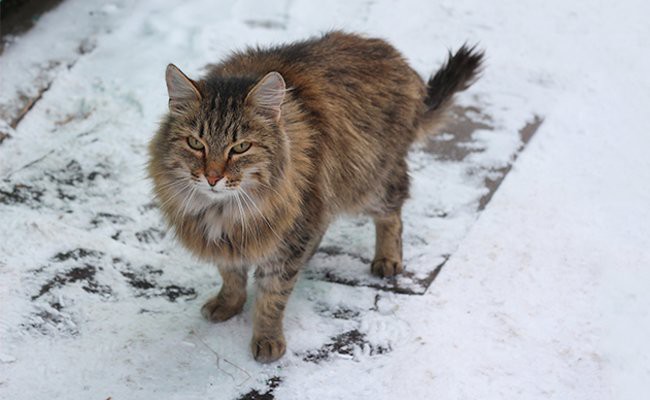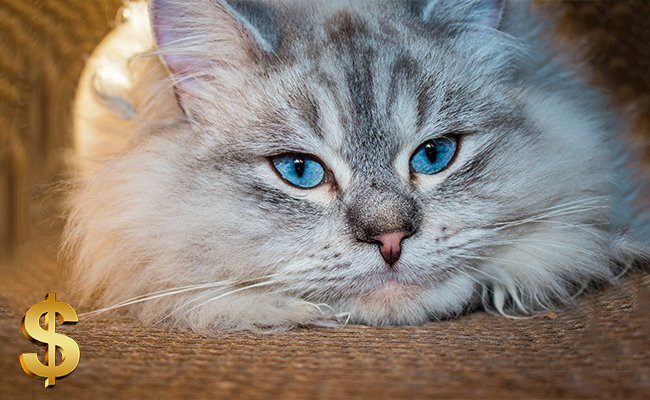Cat Pregnancy Calculator And Timeline
Introducing the national treasure of Russia, the glamorous curly-haired native Siberian cat. Siberian resembles the Norwegian forest and the Maine coon cat. In this article let’s learn more about affectionate Siberian cats.
Siberian Cat History
Siberians are from Russia with love and affection. There is no doubt that they have thick, long productive coat. These cats are figured in Russian folktales as magical cats protect children. As Siberian cats existed for some 1000 years in Russia.
Siberian cats are prized for hunting ability by shopkeepers and householders. In 1990, Siberian cat first imported to the United States and it is recognized in 1996 by International Cat Association.
This breed is popular, as it has reputation for being hypoallergenic but it depends on the individual.
Size And Lifespan
Siberian cats are medium-size to large cat with following height and weight.
- Height – 13 inches
- Weight – 10 – 20 pound, some males weight up to 25 pounds
- Life expectancy – 11 to 15 years
Siberian Cat Personality
- Siberians are adventurous and friendly.
- They are social with people and other cats or dogs.
- They sound quiet and they act as an excellent companion to your family.
- As they are easy going and mellow cat, they don’t have a playful personality.
- Siberians are having a great sense of adventurous exercises and agile ability.
- Generally, they are interested to learn new challenging tricks.
- To keep your Siberian happy, challenge his brain with learning new tricks and engage playtime.
Siberian Cat Colors And Patterns
Siberian is recognized with the variety of patterns and colours including colour pointed. White on belly, chest, paws, locket, blaze and etc are allowed in all colours and patterns including colour pointed variety. The colour pointed variety “Neva Masquerade”.
Siberian cat colours:
- Red Siberian cat
- Silver Siberian cat
- Blue lynx Siberian cat
- gold Siberian cat
- Gray and white Siberian cat
- White Siberian cat
- Yellow Siberian cat
- Black white Siberian cat
- Blue eyed Siberian cat
- Black Siberian cat
Grooming
Appearance
Siberians are large hefty cats, female are smaller than male cats. As they are slow growing they take 5 years to reach full size. It has semi-long hair with triple coat includes thick outer coat and dense soft inner coat.
Siberians head is broad at top and narrow at the muzzle. They have large green-yellow eyes, muscular body, furry, large, round paws, medium-sized tufted ears and a bushy tail.
Breeding Siberian Kittens
Siberian growth occurs at first year and a half of life. So, it’s better to feed with kitten foods at that time period and make sure that they get enough nourishment.
Siberian Cat Foods
As they are carnivores they need a diet of meat, such as insects, lizards and birds which they get normally in wild.
Most diets include crab based ingredients such as soy, corn, grains and other unhealthy additives. Every cat owner should manage cat with the healthy diet to prevent your pet from cat diabetes, illness and cancer.
Recommended raw foods for Siberian:
- Organic ground turkey
- Organic ground chicken
- Ground bone powder
Don’t feed your Siberians with:
- Raw eggs
- Alcohol
- Liver
- Chocolate
- Avocados
Daily Calorie Content for cats:
- Kittens – 100 calories per pound
- 40 weeks – 40 calories per pound
- Adults – 25 to 30 calories per pound
Health Problems
The common health problems in Siberian cat breed includes,
Heart disease – (HCM):
Hypertrophic cardiomyopathy (HCM) is a common thickened heart muscle disease which affects cats.
- Symptoms – Lethargy, loss of appetite, weak pulse and difficulty breathing.
- Treatment – Medication used for HCM, a dietary salt reduction is recommended.
Gum Disease:
Gum disease is a dental disease.
- Symptoms – Bad breath, redness, bleeding along the gum line and pawing at the mouth.
- Treatment – Treat teeth root infection, clean off tartar, remove plaque by daily brushing.
Urinary Crystal – FLUTD:
Feline lower urinary tract disease (FLUTD), is a formation of stone like crystals, minerals and organic matter resides in the cat’s bladder.
- Symptoms – Painful urination, genital licking, urine spraying.
- Treatment – Pain medication is recommended, if it is a blockage then it is removed through surgery.
Hereditary Cancer:
This genetic form of cancer it affects only pure white lines of Siberian cats.
- Symptoms: Loss of appetite, chronic weight loss, difficulty in eating and swallowing.
- Treatment: Medication for swelling and medication for secondary infections.
Kidney Disease – PKD:
Polycystic Kidney Disease (PKD) is a kidney disease which may cause kidney failure.
- Symptoms: Anorexia, anaemia, weakness, vomiting, polydipsia, depression and polyuria.
- Treatment: Potassium supplements given to felines suffering due to PKD.
Interesting Facts
- Siberians are national cat of Russia.
- Siberian cats are known as the hypoallergenic breed but it is not proven scientifically.
- They act as the best companion for your family with kids, cats and cat-friendly dogs.
- As they are the social cat, they love to spend time with people.
- It loves to play with puzzle toys and feathery as they are intelligent and active cats.
- They express their needs through meowing sounds, chirps and thrills.
- These cats can give birth to 5 to 6 kittens.
Siberian Cat Price
Siberian Cat And Siberian Kittens Adoption Centers
- American Society For The Prevention Of Cruelty To Animals (ASPCA)
424 E. 92nd St,
New York, NY 10128-6804 - Regina Cat Rescue
PO Box 33066,
Cathedral postal outlet,
Regina, Saskatchewan
S4T7X2 CANADA - Animal House Cat Rescue And Adoption Center
2151 59th Street,
Saint Louis, MO 63110

